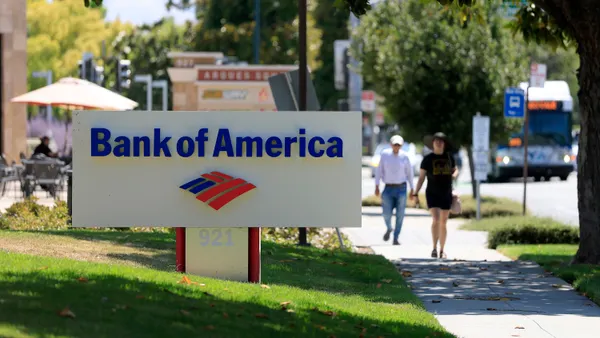Charles Rosenblatt is the president of PayQuicker, a Rochester, New York-based financial technology company in the global payouts market.
The workforce is evolving rapidly. From remote work to hybrid and flex schedules, employment standards are nearly unrecognizable today compared to just a decade ago.
The gig economy is chief among these innovative trends. Gig workers, also known as independent contractors, fill on-demand or temporary jobs — and 36% of Americans, or 60 million people, identify as one. Rideshare drivers, food industry workers, clinical trial participants and even hospital workers and nurses are shifting to the gig economy.
According to Forbes, the gig workforce may overtake the full-time workforce by 2027. The gig economy is quickly becoming an important segment of the workforce, and employers that want to tap into it will need to evolve as well.
With a 3.6% unemployment rate, U.S. employers are voraciously competing for workers — and the gig economy is no exception. Instant payments are key to unlocking the talent pool of the growing gig economy. On-demand workers expect on-demand pay, and an employer that offers speedy payments — usually on the same day — will provide a better employee experience, improve worker attrition rates and become a more competitive business.

Most gig workers are augmenting their full-time salary with temporary employment that they can tailor to their schedule, and they want the instant gratification of a paycheck at the end of the job. For some, the payment marks the end of a contract or transaction between the worker and employer, freeing them to move on to the next gig; for others, receiving wages quickly following a job is essential to meet personal needs.
Gig workers often work multiple jobs with multiple employment platforms, sometimes in a single day. Instant payments not only provide instant gratification and allow workers to utilize wages for essential needs, but they also reduce the administrative burden of gig work. Gig workers have to arduously keep payment records and track payments. An instant payment system eliminates this extra work and increases wage transparency, creating a better worker experience.
Although gig work is transitory, a strong and sustainable worker-employer relationship is still critically important, just as it is with any employee. Providing instant payments helps to build trust, and it encourages the worker to come back to the platform over and over again.
Workers who have instant access to earned wages following a job will work harder and more frequently than those who don’t. A Mastercard survey found that 85% of gig workers would work more often if they were paid faster. Speedy payments are so critical that many workers in the survey also said they would pay a fee to receive on-demand earnings.
The instant payment trend isn’t unique to gig work. Major employers are expediting payments to improve employee relations. Fast-food chains like McDonald’s, Pizza Hut and Taco Bell give employees access to up to 50% of wages directly following their shift. Employers are using instant pay as a strategy to support employees, provide instant gratification for their hard work and create a better work culture. Employers benefit from a happy and supportive work environment and workforce, whether they are hiring gig workers or traditional workers.
Employers in every business need strong and reliable workers, and they have to be competitive to attract the right people and, for gig workers, keep them coming back for new jobs.












